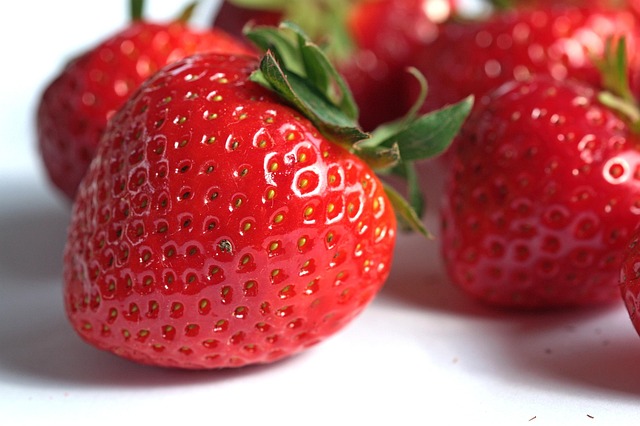In today’s world, more individuals are transitioning towards a vegan lifestyle, not just for ethical reasons but also as a commitment to their health. Adopting a vegan diet can be an enriching journey, filled with vibrant foods and exciting flavors. One essential aspect often raised by new vegans is the concern over protein intake. Let’s dive into the diverse world of vegan protein sources that can fuel your body while supporting your commitment to a healthy lifestyle.
When considering healthy nutrition, it’s essential to recognize that protein is a vital macronutrient that plays a pivotal role in the body’s growth, repair, and overall function. Fortunately, plant-based sources of protein are abundant, ensuring that those committed to a vegan lifestyle can easily meet their protein needs. From legumes to grains, nuts, and seeds, there are plenty of choices available.
First on our list are legumes, including lentils, chickpeas, and beans. These foods are not only rich in protein but also packed with fiber, vitamins, and minerals. Incorporating just a cup of cooked lentils can provide about 18 grams of protein, making them a fantastic staple for soups, salads, and even veggie burgers.
Next, let’s talk about grains. Quinoa, a complete protein, offers all nine essential amino acids, making it a favorite among vegans. With approximately 8 grams of protein per cooked cup, quinoa serves as a nutritious base for salads, bowls, and side dishes. Brown rice and whole grain bread are also wonderful additions to a vegan diet, boosting your protein intake while delivering essential carbs and nutrients.
Nuts and seeds are another excellent source of protein. Almonds, chia seeds, and hemp seeds are particularly beneficial, packed with healthy fats, vitamins, and minerals. Just a handful of almonds can deliver around 6 grams of protein, while 3 tablespoons of hemp seeds can provide about 10 grams. Add these nutritious powerhouses to your smoothies, oatmeal, or sprinkle them over salads for an extra protein kick.
Tofu and tempeh are standout items in any vegan kitchen, serving as versatile protein-rich options. Tofu, made from soybeans, can be grilled, stir-fried, or blended into smoothies, offering approximately 10 grams of protein per half-cup. Tempeh, a fermented soy product, is denser and more nutrient-rich, boasting about 15 grams of protein per serving. Both are excellent for creating satisfying, hearty meals.
Finally, let’s not overlook the importance of healthy nutrition in creating a balanced vegan plate. While focusing on protein sources, ensure you also incorporate a colorful variety of fruits and vegetables, whole grains, and healthy fats. Not only does this enhance the flavor of your meals, but it also guarantees that your body receives all the necessary nutrients and antioxidants it requires.
Transitioning to a vegan lifestyle does not mean compromising on taste or nutrition. With a little creativity and planning, anyone can enjoy delicious, protein-packed meals that support a vibrant and healthy life. As you explore different recipes and try new foods, you’ll discover the joy of creating dishes that not only nourish your body but also reflect your values and commitment to a sustainable future.


